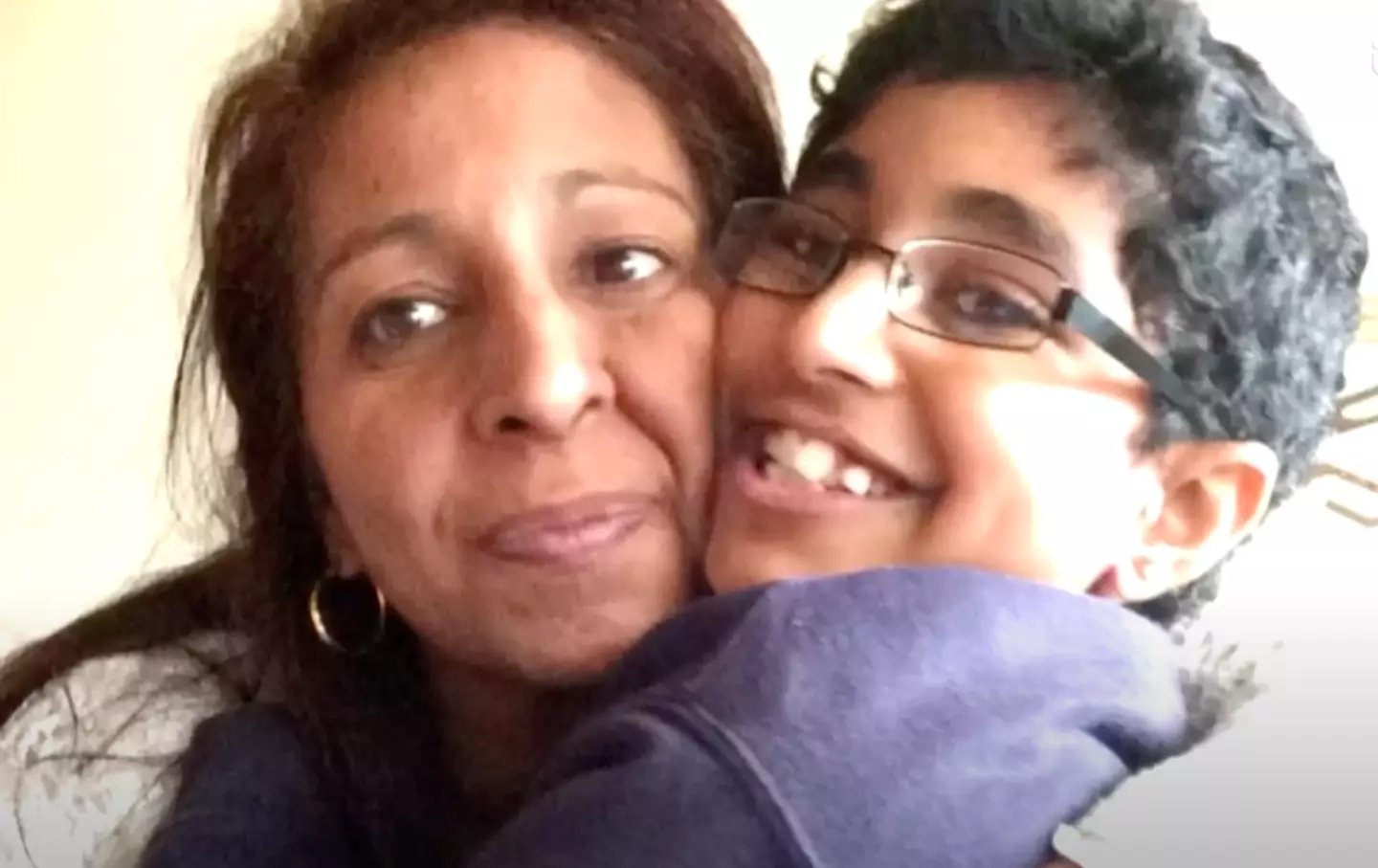A 13-year-old boy tragically died after an incident at school where a classmate threw a piece of cheese at him.
The incident took place on June 28, 2017, when Karanbir Cheema, a student in London, was struck by the cheese on his neck.
What initially appeared to be an innocent act soon turned catastrophic, and Karanbir was rushed to the hospital in critical condition.
Despite the efforts of medical professionals, he passed away days later at Great Ormond Street Hospital.
People have been left heartbroken after hearing this story, with one commenter penning: “I feel terrible for the family. God bless this poor kid.”
A second adds: “Ignorance doesn’t equal innocence. That student should have been punished. I’m so over people not taking allergies seriously or saying people should stay home & eat. That’s terrible.”
“Beyond sad and so sorry for the family. I can’t even imagine the trauma this has caused,” pens a third.

The heartbreak for Karanbir’s parents only deepened when they were faced with the agonizing decision to turn off his life support.
His mother, Rina, recalled the final moments with her son during an interview on This Morning.
She explained: “We didn’t want to switch it off – it wasn’t fair on his little body to go through this. […] He smiled when the machine was turned off, […] they took him into another room, and we said our last goodbyes before he was taken down and he had a smile on his face.”
The sudden loss shocked Karanbir’s family, friends, and the school community. He was known to carry an EpiPen, a device used for emergency medical situations.
However, it later emerged that the EpiPen was nearly a year expired, raising concerns about whether his death could have been prevented with more up-to-date medical treatment.
This was the only dose of adrenaline he received before his condition deteriorated, eventually leading to cardiac arrest.
The boy responsible for throwing the cheese claimed he was merely “playing around” and unaware of the potential danger.
While his actions were not intended to harm Karanbir, the incident had devastating consequences, underscoring the need for greater awareness in schools about the risks some children face due to medical conditions.
What made the situation even more tragic and perplexing for medical professionals was how such an innocent act could lead to fatal consequences.

Allergic reactions of this severity, especially from mere skin contact, are extremely rare, but Karanbir’s case would go on to raise important questions about allergy safety.
During the 2019 inquest into his death, Dr. Adam Fox, a pediatric allergy consultant, shed light on just how unusual the circumstances were.
He explained, as reported by Sky News, that “Where this case is extraordinarily unusual is the nature of the event that led to the anaphylaxis. […] If it was skin contact alone that caused, in this case, fatal anaphylaxis, I believe that to be unprecedented.”
Dr. Fox emphasized that he had not come across any other cases of fatal allergic reactions occurring this way, making it an unprecedented and tragic event.
The coroner in the case described the actions of the boy who threw the cheese as ‘childish and thoughtless’ but not intended to cause serious harm, per the BBC.
The coroner, Mary Hassell, noted a ‘missed opportunity’ by the school to raise awareness about the severity of his allergies and criticized the school’s inadequate healthcare provision.
In the end, it was revealed that Karanbir’s untimely death was the result of an allergic reaction to the cheese that had made contact with his skin, despite him not ingesting it.
His known severe allergies to dairy and other foods, combined with the delayed administration of proper medication, created a fatal chain of events that no one could have anticipated.